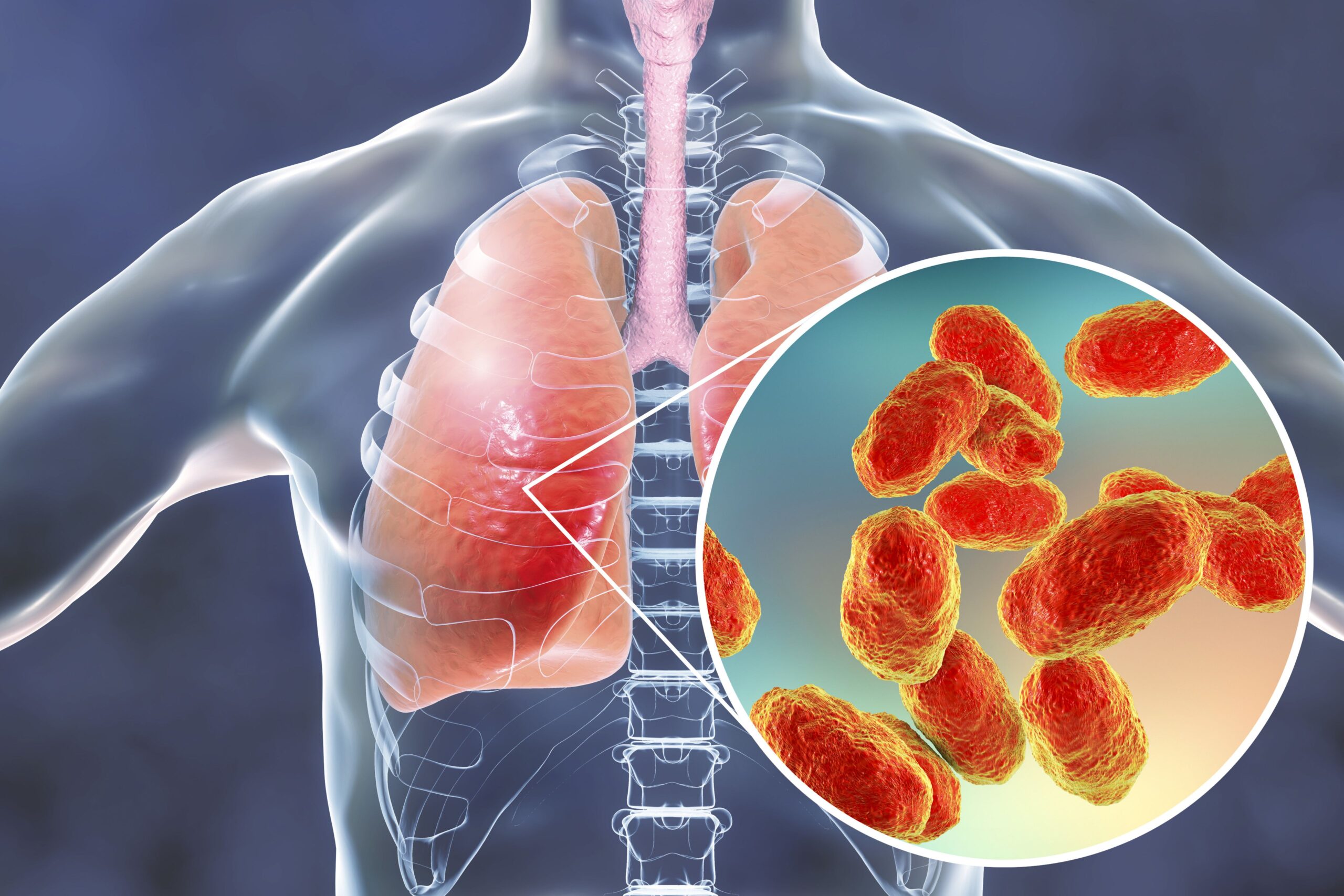In a recent update from the National Institute of Health (NIH), a concerning rise in severe respiratory illness has been reported across Pakistan, attributed to the subtype H3N2 Influenza-A virus.
The NIH report emphasizes that the impact of this Influenza virus is particularly severe for the elderly and individuals with weakened immune systems, advising special precautions for these susceptible groups.
Contrary to concerns over the ongoing COVID-19 pandemic, the report clarifies that the cause of the respiratory distress is not linked to the coronavirus.
Instead, the predominant factor contributing to the surge is the subtype H3N2 Influenza-A virus, with the rate of COVID-19 cases in Pakistan remaining below one percent.
Adding another layer to the health challenge, the NIH report highlights the prevalence of Respiratory Syncytial Virus (RSV), especially affecting children across the country. This dual threat of H3N2 Influenza-A and RSV has raised concerns among health experts, prompting a comprehensive response to manage and mitigate the impact of these respiratory illnesses.
Health experts are advising the public, especially those exhibiting influenza symptoms, against the indiscriminate use of antibiotics. Instead, individuals are urged to prioritize preventive measures such as wearing masks and maintaining frequent hand hygiene to reduce the risk of contracting and spreading the diseases.

As the nation deals with this health crisis, authorities are working to enhance public awareness regarding the distinct nature of the respiratory illnesses and the appropriate precautions.
The emphasis on differentiating between influenza and COVID-19 symptoms aims to streamline medical responses and allocate resources effectively.
In conclusion, the emergence of the subtype H3N2 Influenza-A virus causing severe respiratory illness, alongside the prevalence of RSV, underscores the importance of public vigilance and adherence to preventive measures. The collaboration between health authorities and the public becomes paramount in navigating this health challenge and ensuring the well-being of individuals across Pakistan.



